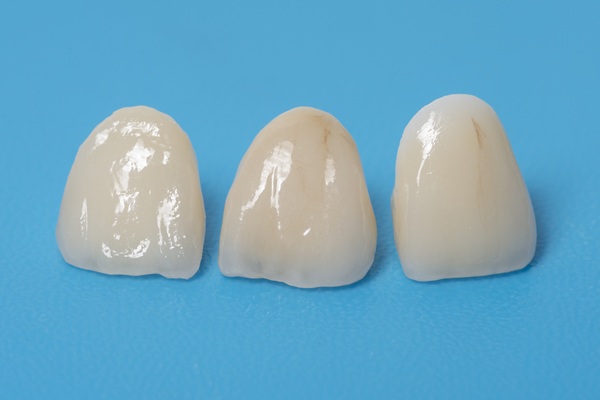What Are the Different Types of Gum Disease?

Choosing a general dentist to address gum disease is essential. General dentists undergo many years of training in order to learn how to provide their patients with optimal dental care services. One of the more important services they offer is dental check-ups, as this type of dental appointment is one that can help prevent a gum disease diagnosis.
The importance of having a healthy mouth
Gum disease, which cannot only damage one’s gums, can also damage one’s teeth. Good dental health also supports overall general health, as poor oral health can lead to one being diagnosed with certain health issues like heart disease, diabetes and a weakened immune system. In order to make sure one’s dental health is in good shape, it is essential to make regular dental appointments.
The different types of gum disease
The list below includes the four main different types of gum disease one can be diagnosed with.
Stage 1: Gingivitis
Gingivitis is the first stage of gum disease. It starts when there is a buildup of plaque on the teeth, which turns into a hardened plaque if not removed in a timely manner. Plaque is a sticky substance that not only sticks to one’s teeth but also attracts bad bacteria, which can lead to even more oral and general health problems. According to the American Academy of Periodontology, untreated gingivitis can advance to periodontitis and can eventually lead to tooth loss and other health problems.
Stage 2: Mild periodontitis
This second stage of gum disease is when the gums will become sore, irritated and may even start to bleed, which is the beginning of potential tooth loss. Mild periodontitis is when the disease begins to go deeper into the gums, making it more difficult to treat. This means that those diagnosed with stage two gum disease will begin to experience deeper degrees of gum recession, which not only makes the mouth unhealthy, it also tends to make one look older than they are.
Stage 3: Moderate periodontitis
Moderate periodontitis is the third main stage of gum disease. Once one reaches this stage, they will experience even more gum recession. They will also begin to experience a moderate amount of bone loss and/or mouth infections that can negatively affect the entire body. The natural support system of the teeth is now in great jeopardy, making dental treatment essential to save the health of one’s mouth and body.
Stage 4: Advanced periodontitis
An advanced periodontitis diagnosis means that the gums are now full of infection. This means those diagnosed will experience pain when chewing, as well as ongoing bad breath due to the infection. Tooth loss is common at this stage, which will need to be soon replaced as a healthy mouth is one that includes a full set of teeth. The fact that this late stage of gum disease can cause serious overall health problems makes fast treatment necessary.
Living with gum disease?
Since any type of gum disease is considered to be harmful, those who are living with gum disease are in need of professional dental treatment. With the proper dental treatment and care, it is possible to reverse gum disease, so early treatment is essential.
Request an appointment here: https://www.esdmke.com or call Eastside Dental at (414) 888-4000 for an appointment in our Milwaukee office.
Check out what others are saying about our services on Yelp: Read our Yelp reviews.
Related Posts
Dental crowns are a reliable and durable solution for restoring the appearance and function of damaged teeth. While dental crowns are designed to last years, proper care and maintenance are essential for extending their lifespan. Following practical steps and working closely with your dentist can protect your investment and enjoy a confident smile for years.Maintaining…
Clear braces are becoming more common among patients of all ages. In past years, orthodontists chose traditional metal braces to straighten crooked teeth. However, there are advantages to using clear options instead. If you do not want your orthodontic treatment to hinder your smile, you should not have to worry. Repair your teeth without anyone…
Periodontics is a branch of dentistry that focuses on studying, diagnosing, and treating issues that affect the gums and the bone structures that support teeth. Periodontal disease is the leading dental problem that periodontics focuses on.Periodontal disease is an infection of gum tissues caused by the bacteria in plaque and tartar getting below the gum…
Emergency dentistry for a root canal is sometimes the only way to relieve your pain. Some patients may have a root canal scheduled for a future date, but they find themselves in severe pain at an inconvenient time because of tooth pain. There may even be times when a patient may not realize they need…


